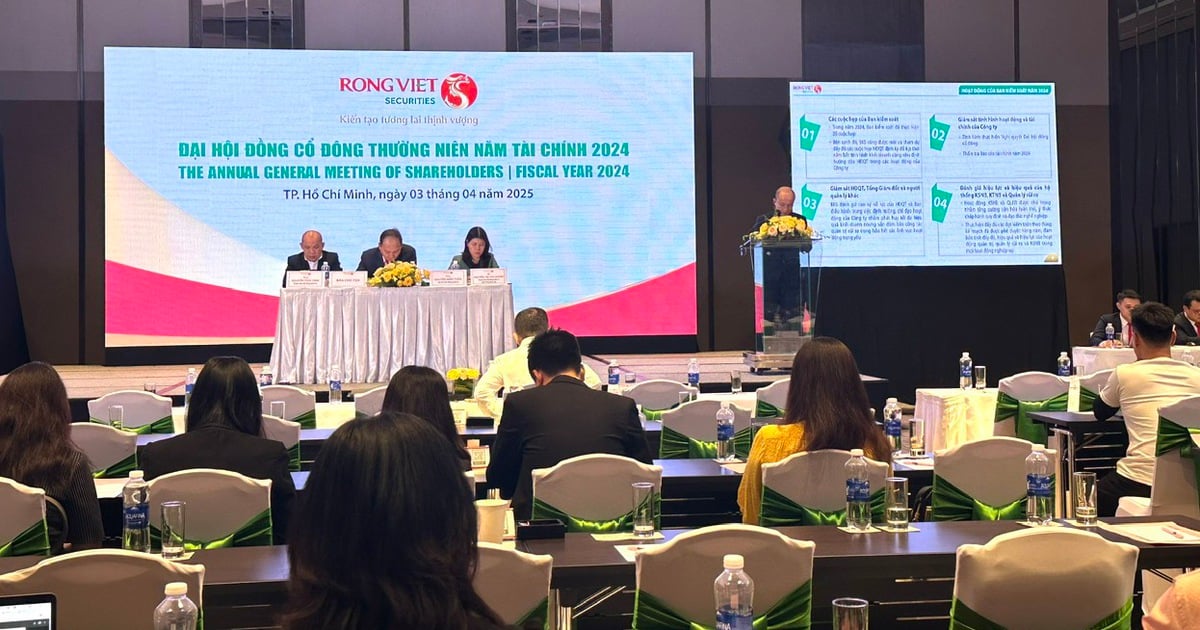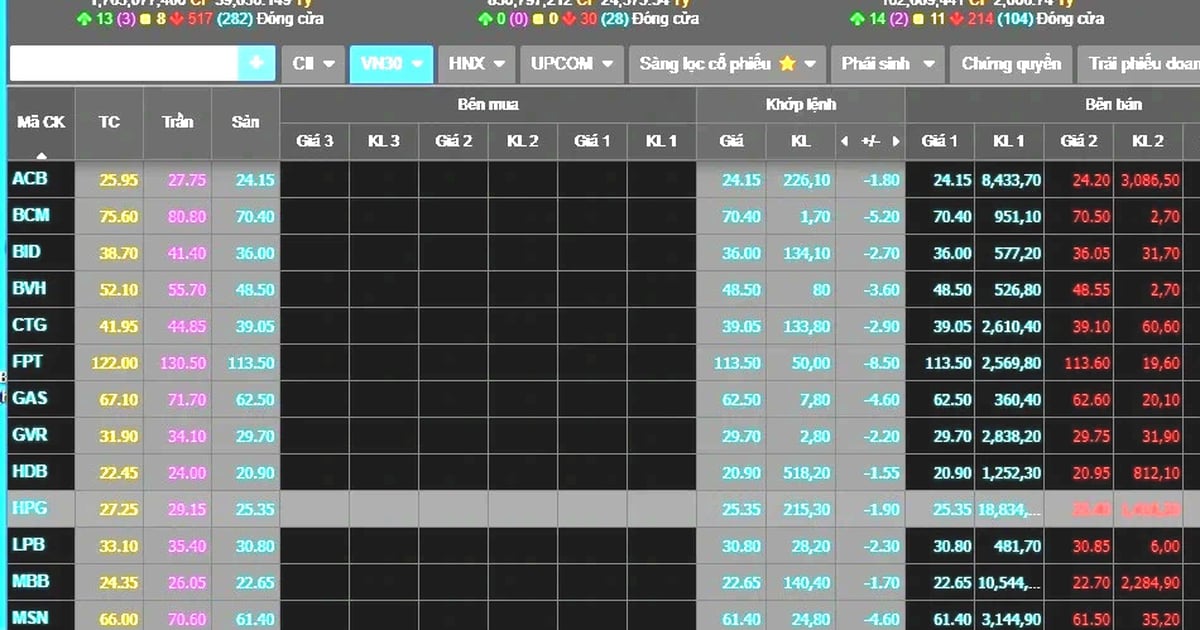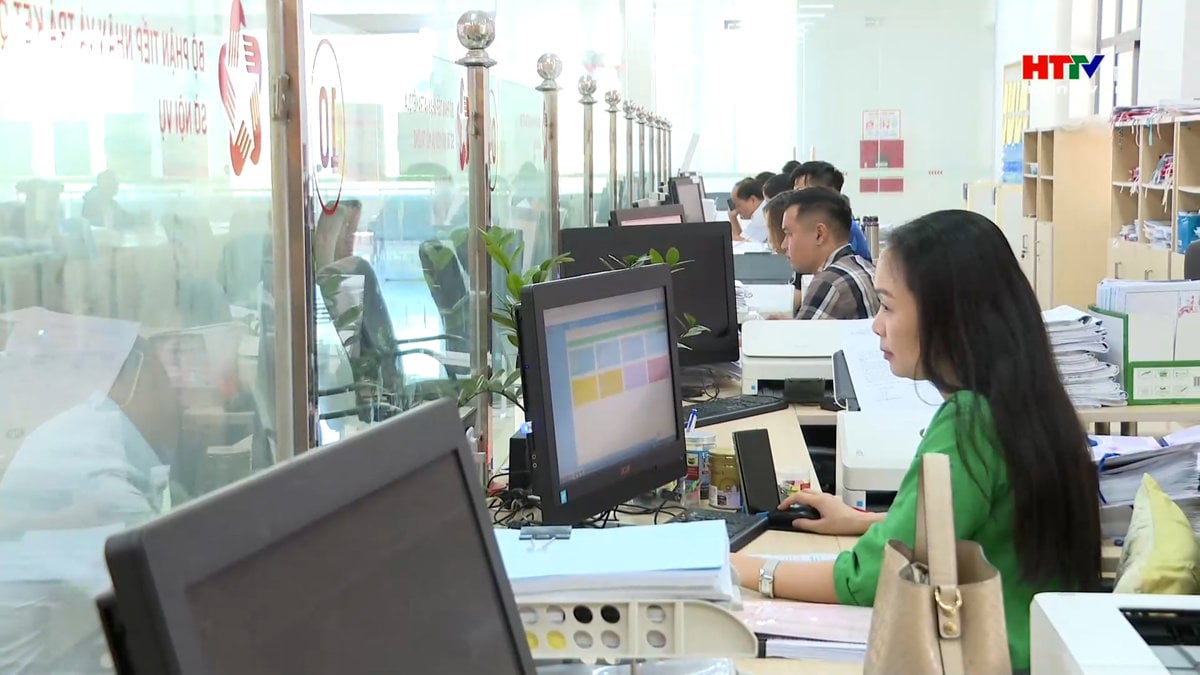Slow growth in trade and services
According to the Department of Labor, Invalids and Social Affairs of Ho Chi Minh City, in the first 4 months of 2023, Ho Chi Minh City continued to promote agricultural extension activities, shifting towards urban agriculture, applying high technology.
Industrial production in April improved, but businesses still faced many difficulties due to lack of production orders and unemployment. In the first 4 months of 2023, compared to the same period last year, the industrial production index (IIP) in Ho Chi Minh City increased by 1.4%; the labor index decreased by 2.2%.
At the same time, the growth of trade and service activities is still slow due to the small number of international visitors to Ho Chi Minh City, and real estate, food and beverage, and entertainment activities have not recovered as strongly as before the pandemic.
Regarding business activities, from the beginning of the year to April 20, Ho Chi Minh City has granted licenses to 14,752 enterprises with registered capital of more than VND144,568 billion, a decrease of 24.8% in capital compared to the same period last year.
Of which, related to 9 main service industries, Ho Chi Minh City has 10,879 established enterprises, up 10.4% over the same period; registered capital reached 84,505 billion VND, down 41.2%.

Industrial production in April improved, however, businesses still faced many difficulties due to lack of production orders and unemployment among workers.
In the third quarter of 2023, thousands of businesses 'don't know what will happen'
In 2022, the labor force working in economic sectors in Ho Chi Minh City will be more than 4.4 million people. It is expected that with the target of GRDP (gross regional product) growth of Ho Chi Minh City in 2023 reaching 7.5%, this number will be more than 4.5 million people.
Currently, Ho Chi Minh City has nearly 2.5 million people participating in social insurance, down 3% compared to the end of 2022; the number of unemployed workers increased by 3.4% over the same period last year.
Ho Chi Minh City surveyed 3,795 businesses in March, the results showed that 30.75% of businesses reported a decrease in labor; 50.65% of businesses had the same number of employees and 18.6% of businesses had an increase in labor.
The group of labor cuts is mainly in the fields of footwear - textiles, construction, food processing and foodstuffs.
It is expected that in the second quarter of 2023, about 71.78% of enterprises will maintain their production and business activities as before; 20.95% are expected to increase and 7.27% are expected to decrease.
At the same time, when assessing the third quarter of 2023, 57.57% of businesses did not know what direction their labor situation would take; 32.14% remained the same; 8.72% expected an increase and 1.55% expected a decrease.
In the immediate future, PouYuen Vietnam Co., Ltd. (Binh Tan District) plans to terminate labor contracts with 5,744 employees based on the principle of agreement.
What recommendations does Ho Chi Minh City have?
Ho Chi Minh City recommends that the National Assembly and the Government in the coming time, when issuing support policies related to workers, need to study the direction of issuing one-time support with a specific amount of money so that businesses and workers do not have to complete documents every month like the policy of supporting house rent. This also helps to optimize management work.
In addition, the Department of Labor, Invalids and Social Affairs of Ho Chi Minh City recommends that the Ministry of Labor, Invalids and Social Affairs review regulations under the authority of the Ministry to amend and supplement regulations on reporting on labor use. Because currently, many enterprises (including the state sector) do not report labor fluctuations to the Employment Service Center and the National Public Service Portal. This leads to many difficulties in monitoring the labor and employment situation.
The unit also recommends that businesses develop annual human resource plans based on business plans; comply with labor laws such as participating in social insurance, supporting vocational training, etc.
Source link


![[Photo] Special relics at the Vietnam Military History Museum associated with the heroic April 30th](https://vstatic.vietnam.vn/vietnam/resource/IMAGE/2025/4/3/a49d65b17b804e398de42bc2caba8368)
![[Photo] Moment of love: Myanmar people are moved to thank Vietnamese soldiers](https://vstatic.vietnam.vn/vietnam/resource/IMAGE/2025/4/3/9b2e07196eb14aa5aacb1bc9e067ae6f)
![[Photo] Prime Minister Pham Minh Chinh chairs meeting after US announces reciprocal tariffs](https://vstatic.vietnam.vn/vietnam/resource/IMAGE/2025/4/3/ee90a2786c0a45d7868de039cef4a712)
![[Photo] General Secretary To Lam receives Japanese Ambassador to Vietnam Ito Naoki](https://vstatic.vietnam.vn/vietnam/resource/IMAGE/2025/4/3/3a5d233bc09d4928ac9bfed97674be98)























































































Comment (0)